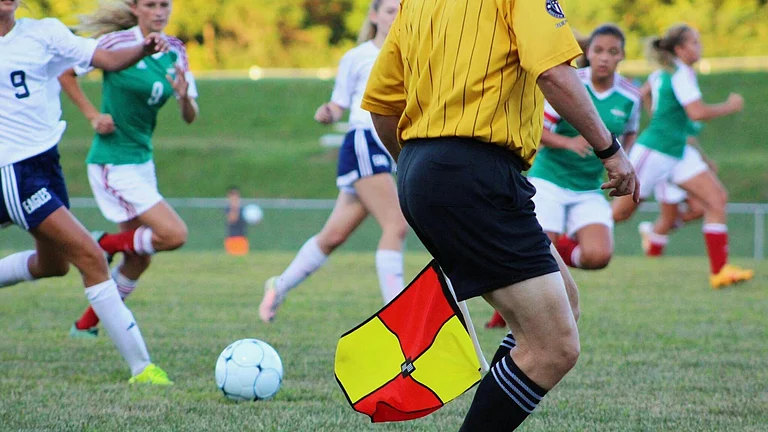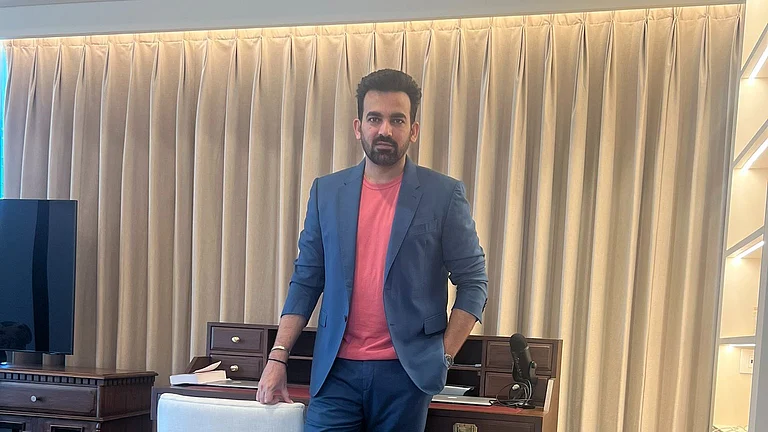On December 6, 1992, a Hindu mob razed the 16th century Babri Masjid in Ayodhya, triggering bloody riots that killed at least 2,000 people across India, and an era of unbridled majoritarianism that has polarised Indian society more deeply than ever. More than 30 years later, Hindu nationalists have continued their efforts to ‘liberate’ temples by challenging the status of mosques across the country.
In 2019, the Supreme Court ruled that the disputed land should be given to Hindus for a temple to Lord Ram, while Muslims would be given land elsewhere to construct a mosque.
However, whether it is the Gyanvapi-Kashi Vishwanath Temple or the Krishna Janmabhoomi-Shahi Idgah case, it is evident that mosque-temple debates aren’t likely to fade away anytime soon.
Some ongoing Mandir vs Masjid debates across India:
Gyanvapi-Kashi Vishwanath Temple
This dispute began in 1991 when a petition was filed by three local Hindus on behalf of three Hindu deities — Shiva, Shringar Gauri, and Ganesha, before the Varanasi high court demanding the restoration of Gyanvapi land to the adjacent Kashi Viswanath temple, removal of Muslims from the complex, and demolition of the mosque.
The Archaeological Survey of India (ASI) undertook a survey of the Gyanvapi mosque complex on the orders of the Varanasi court to ascertain whether the mosque was “constructed over a pre-existing structure of a Hindu temple”. After granting extension eight times, the ASI submitted its 1000-page report to the court on December 18. The court will now decide on January 24 whether to make the scientific report public.
Shahi Idgah-Krishna Janmabhoomi
On September 24, 2020, Lucknow resident and advocate Ranjana Agnihotri and six others originally filed a plea in the lower court in Mathura to remove the 17th century Shahi Idgah mosque from the complex it shares with the Katra Keshav Dev Temple, close to the spot known as 'Krishna Janmabhoomi'.
They had claimed in the plea that Shahi Idgah Masjid is constructed on a part of 13.37-acre land belonging to the Sri Krishna Janmabhoomi Trust. They had demanded the mosque be removed and the land returned to the Trust. The plaintiffs also claimed that there were a number of signs which, according to them, established that the building in question was a Hindu temple. This included a ‘kalash’ (sacred pot) and a pinnacle on the top of the building, exemplifying a Hindu architectural style and not present on any Islamic structure.
The Allahabad High Court in December 2023 rejected all petitions by the mosque committee challenging civil suits that seek restoration of a temple at the mosque site – a ruling which came as a major blow to the Muslim side.
The court had also allowed a primary survey of the Idgah complex by a court-monitored three-member team of advocate commissioners in a previous hearing on December 14. Further, the Supreme Court also refused to stay this order.
Bhojshala-Kamal Maula
Bhojshala is an ASI protected site which the Hindus claim is a temple of Goddess Saraswati while the Muslims consider it as Kamal Maula mosque. An ASI notification dated 2003 allowed Hindus to offer prayers for Basant Panchami at Bhojshala-Kamal Maula mosque from dawn to noon and again from 3.30 pm to dusk, leaving the hours between 1 pm and 3 pm in the afternoon for the Friday Namaz for Muslims.
However, in 2003, 2013 and 2016, Basant Panchami fell on Fridays – the town of Dhar on these days witnessed a spate of violent incidents with Hindutva activists refusing to vacate the premises.
On May 2, 2022 a public interest litigation (PIL) was filed by an organisation Hindu Front for Justice, challenging the ASI order of April 7, 2003, imposing restriction on Hindus to worship at Bhojshala daily. The Madhya Pradesh High Court issued notices to the state, Centre and ASI in the matter. The state is yet to respond.
In September 2023, fresh tensions erupted in the region after an idol of Vagdevi (goddess Saraswati) was found by the guards inside the 11th century monument. The district administration removed the idol, prompting calls for protest from a Hindu outfit.
Jama Masjid Shamsi
The mosque is built on an elevated area called Sotha Mohalla and is considered the highest structure in the town of Badaun. It is also believed to be the third oldest existing and seventh largest mosque in the country, having a capacity of 23,500.
A plea was filed in a court in 2022 in Budaun claiming that Jama Masjid Shamsi in Badaun city is a temple of Lord Shiva and seeking permission for followers of the Sanatan Dharma to offer prayers at the site
The petitioners are the state convenor of Akhil Bharat Hindu Mahasabha, Mukesh Patel, advocate Arvind Parmar, Gyan Prakash, Anurag Sharma and Umesh Chandra Sharma, who have claimed in the structure is Neelkanth Mahadev temple located in the fort of Raja Mahipal. The legal proceedings over this property began on January 6, 2024.
Karnataka
Karnataka Bharatiya Janata Party leader KS Eshwarappa recently sparked controversy with his statement that it would be better if Muslims voluntarily vacate mosques allegedly built on sites on which temples had once stood if they do not want to face repercussions.
This is not the first time the minister has made such comments. The state has witnessed disputes over mosques and temples previously.


























